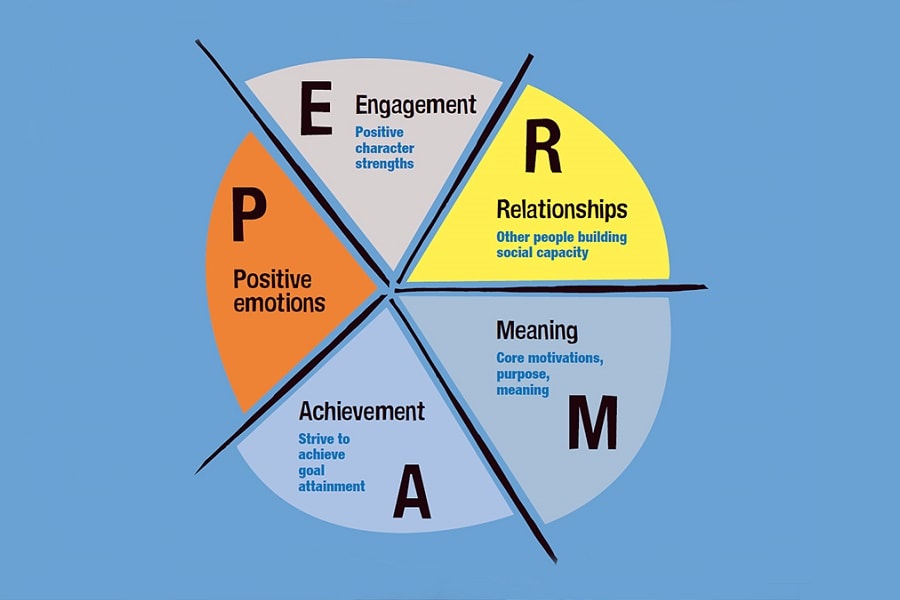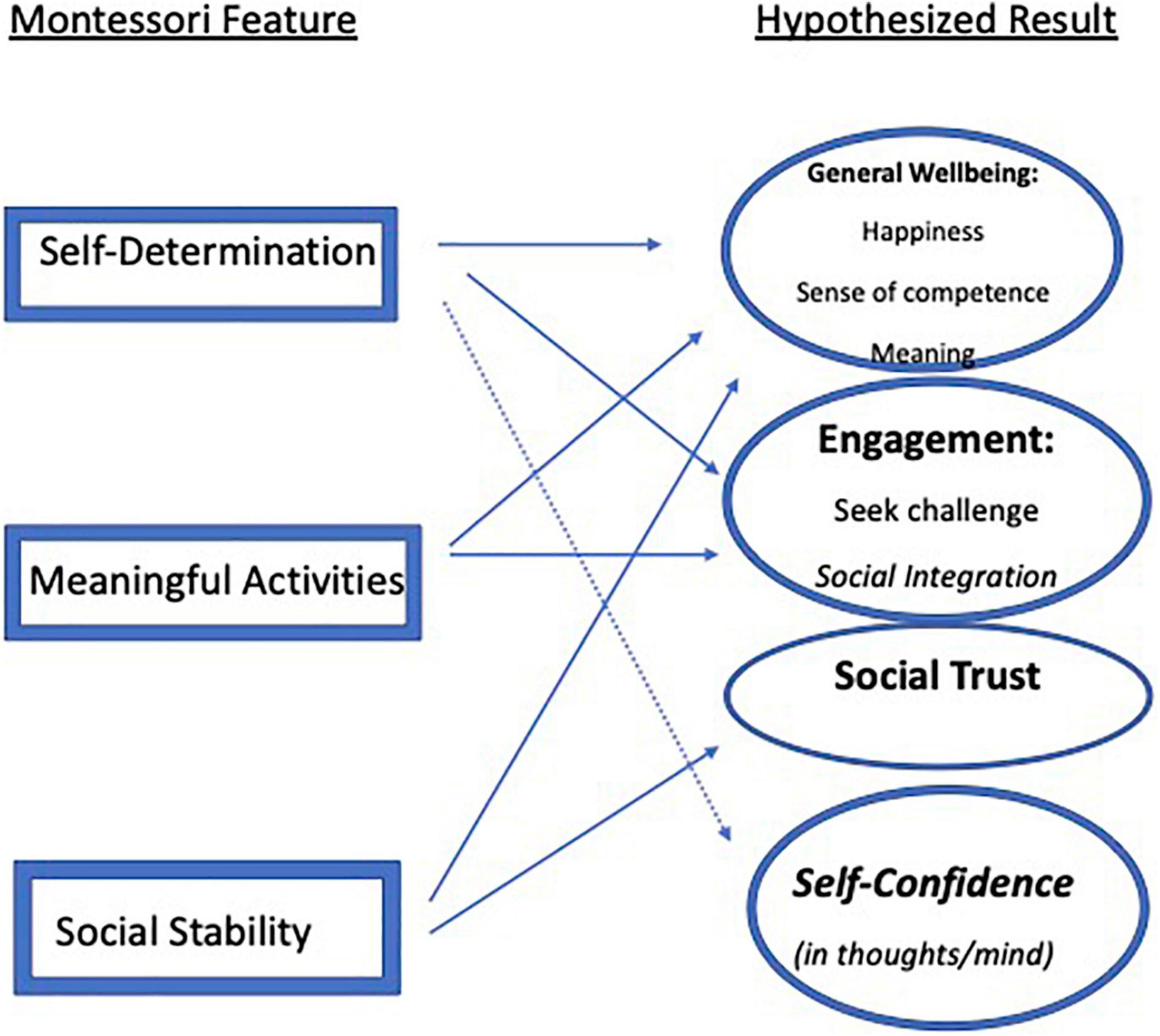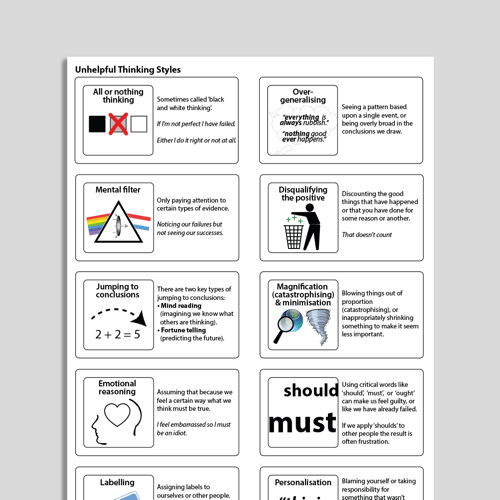How Does Positive Psychology Differ From Traditional Psychology
It will differ by religion and ones understanding of the role of the divine in the agency of hope. This course examines positive psychology also called the science of thriving.

Positive Psychology In A Nutshell Positive Psychology Psychology Positivity
Compassion cultivation training CCT combines traditional contemplative practices with contemporary psychology and scientific research to help you lead a more compassionate life.

. One basic premise of positive psychology is that thriving individuals and thriving communities require the presence and interplay of positive emotions positive relationships and positive meaning. A second basic premise is that thriving does not result simply by curing pathology and eliminating problems. The psychology of gratitude is conceptualized as a higher emotion connected to morality.
Gratitude has been described in science as a prosocial moral emotion that is useful for two key. Developed by Jinpa 2010 CCT draws its theoretical underpinnings from contemplative practices of Tibetan Buddhism and Western psychology. Interventions that respect the individuals worldview will clearly be more accepted and helpful.

Building A Positive Learning Environment Through Positive Psychology Student Wellbeing Reachout Schools

Frontiers An Association Between Montessori Education In Childhood And Adult Wellbeing Psychology


No comments for "How Does Positive Psychology Differ From Traditional Psychology"
Post a Comment